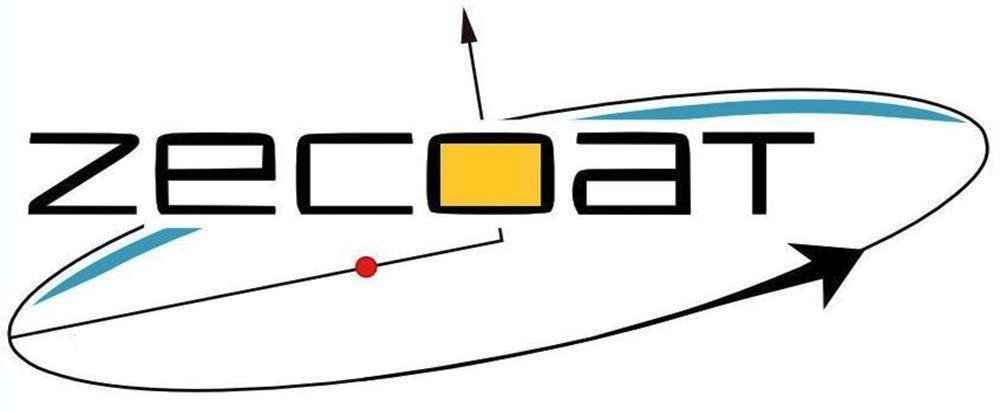Current Research & Development:
-
Black Coatings for Starshade Edges
A starshade is a flower-shaped opaque screen with long pointed petals that is positioned in front of a space telescope and is used to block out a star’s light, thus revealing the planets that are near the star but otherwise hiding in its bright light. ZeCoat black coatings were applied to the razor-like edges of the starshade petals. This black coating greatly reduces the solar glint off the edge from distorting the image going into the telescope.
-
Black Coatings for Starshade Membranes
ZeCoat is developing a low reflectance coating with high optical density for a starshade’s light blocking membrane. The coatings are designed to produce very dark and specular surfaces. The coatings are to be applied to membrane surfaces such as Kapton TM and CP1 TM and on both a roll of film and a 1-meter framed section.
-
Battery-powered Deposition
ZeCoat is developing a new and novel way of depositing a thin film optical coating. This new method uses many small evaporation sources that fire simultaneously in a controlled manner. This application process allows a large mirror to be uniformly coated in a matter of seconds. There are several advantages to this method of coating, including: The ability to install the system in different vacuum chambers, the ability to coat a mirror in outer space, and a better performing coating which enhances reflectance in the FUV down to 90-nm
-
Roll-to-Roll Coating Technology
ZeCoat is developing a machine that will be capable of applying our black coatings onto rolls of polyimide film suitable for space missions. The machine will have two sets of rollers that unwind and rewind the material as the material passes of the evaporation source during coating. The material has tailored thermal control properties and both front and back surfaces. Black coatings with high or low emissivity are possible. The scatter properties of the surfaces can also be tailored from mirror-like to matte.
This technology is currently under development and may be available as early as 2023.
